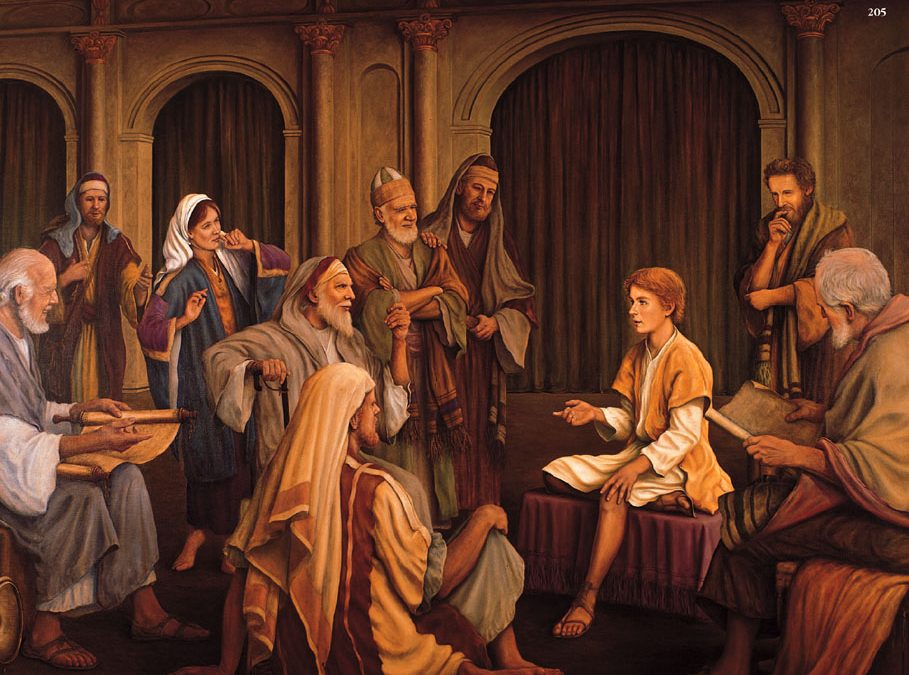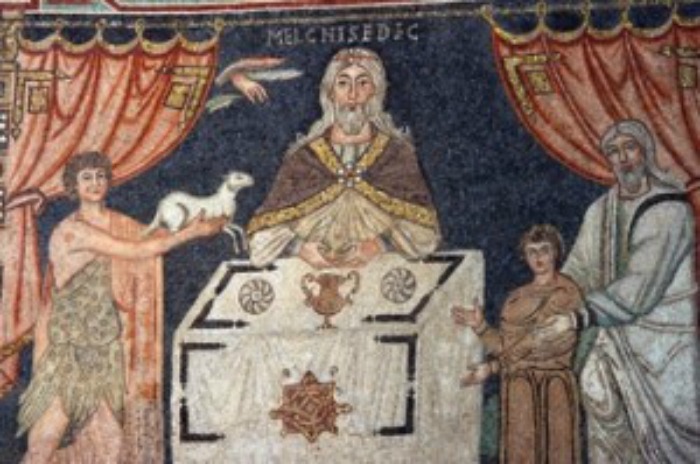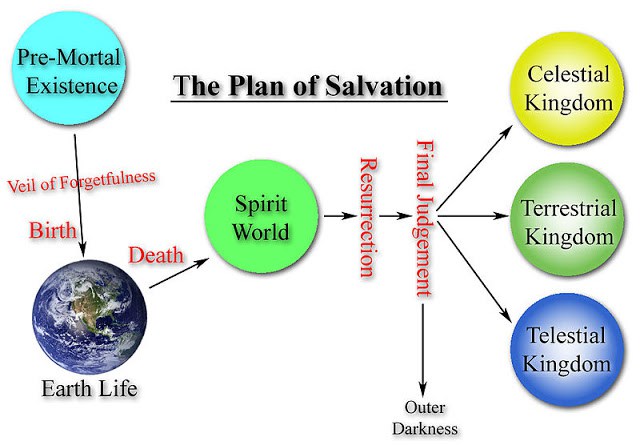Question
Gramps,
Did Jesus always know he was the Savior? Do we know what age he was when we knew for sure that he knew?
Dustin
Answer
Dustin,
To understand when Jesus Christ became aware of His role as the Savior, we need to look at the nature of His growth and development. The scriptures provide insight into His early years, indicating that He experienced a process of growth similar to that of any human child. In Luke 2:40, it is stated, “And the child grew, and waxed strong in spirit, filled with wisdom: and the grace of God was upon him.” This verse suggests that Jesus, while divine, underwent a natural progression in wisdom and understanding.
Furthermore, Luke 2:52 reinforces this idea: “And Jesus increased in wisdom and stature, and in favour with God and man.” These passages indicate that Jesus did not possess all knowledge from birth but rather grew in understanding and grace. This growth is essential to consider when discussing His awareness of His divine mission.
One of the most significant moments in Jesus’ early life occurs at the age of twelve when He is found in the temple, discussing profound matters with the teachers of the law. In Luke 2:49, He responds to His parents’ concern by saying, “How is it that ye sought me? wist ye not that I must be about my Father’s business?” This statement indicates a level of awareness about His divine mission, suggesting that by this age, He had begun to understand His unique relationship with God the Father.
The experience in the temple serves as a pivotal moment in Jesus’ life, marking a transition from childhood to a more profound understanding of His purpose. While it is not explicitly stated that He fully comprehended the extent of His mission at this age, the fact that He was engaged in discussions about spiritual matters implies a growing awareness of His identity and role.
As we look deeper into the question of when Jesus became aware of His role as the Savior, we enter the realm of theological speculation. The scriptures provide limited information, and much of what we understand comes from interpretation and reasoning based on the available texts.
One perspective is that Jesus, like all children, was born with a veil of forgetfulness, which is a common belief in Latter-day Saint theology. This veil allows individuals to grow and learn in a mortal state without the full knowledge of their pre-mortal existence. In this context, it is reasonable to theorize that Jesus, despite His divine nature, experienced a similar veil at birth. As He grew, His understanding would have been gradually revealed to Him through divine communication and personal revelation.
In Doctrine and Covenants 93:11-13, it is stated that Jesus “received not of the fulness at the first, but continued from grace to grace, until he received a fulness.” This scripture suggests that His understanding and awareness of His divine mission were not instantaneous but developed over time. The gradual increase in wisdom and grace aligns with the idea that He learned and grew in His understanding of His role as the Savior.
Another critical aspect of understanding when Jesus became aware of His mission is the role of divine communication. Throughout His life, Jesus maintained a close relationship with God the Father, which would have facilitated His understanding of His purpose. In John 5:19, Jesus states, “The Son can do nothing of himself, but what he seeth the Father do: for what things soever he doeth, these also doeth the Son likewise. This relationship indicates that Jesus was in constant communication with the Father, receiving guidance and revelation about His mission.
The idea that Jesus was taught by His earthly parents, Mary and Joseph, also plays a significant role in His understanding of His divine mission. As He grew, they would have imparted knowledge and teachings that contributed to His awareness of His identity. The combination of divine communication and earthly instruction likely shaped His understanding of His role as the Savior.
Gramps







